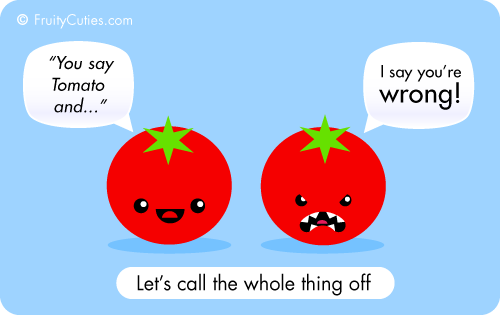When is Articulation Disorder More than an Accent or Dialect?
If beauty is in the eye of the beholder, then sometimes the speech disorder is in the ear of the listener. If you’ve done any travelling, live in a large city with cultural depth, or have moved from one state to another, you have probably noticed various accents and dialects within the same language. When it comes to articulation disorders, sometimes it is actually more dialectal difference than actual disorder.
Articulation Disorders
Typical articulation disorders that emerge in childhood might include any of the four following:
- Adding – new sounds are added to words, such as a child saying /incredibubble/ instead of /incredible/
- Deleting – a sound is deleted from the word, such as a child saying /do/ instead of /dog/
- Distorting – the sounds are altered, such as a child saying /grampa/ instead of /grandpa/
- Substituting – a new sound is substituted for an original, such as a child saying /free/ instead of /three/
In fact, many times very young children are just experimenting with language and these signs of disorders are outgrown by the time the first day of kindergarten has arrived. For some kids, however, these articulation disorders persist and speech therapy is used to help them overcome these communication hurdles. Continue reading

